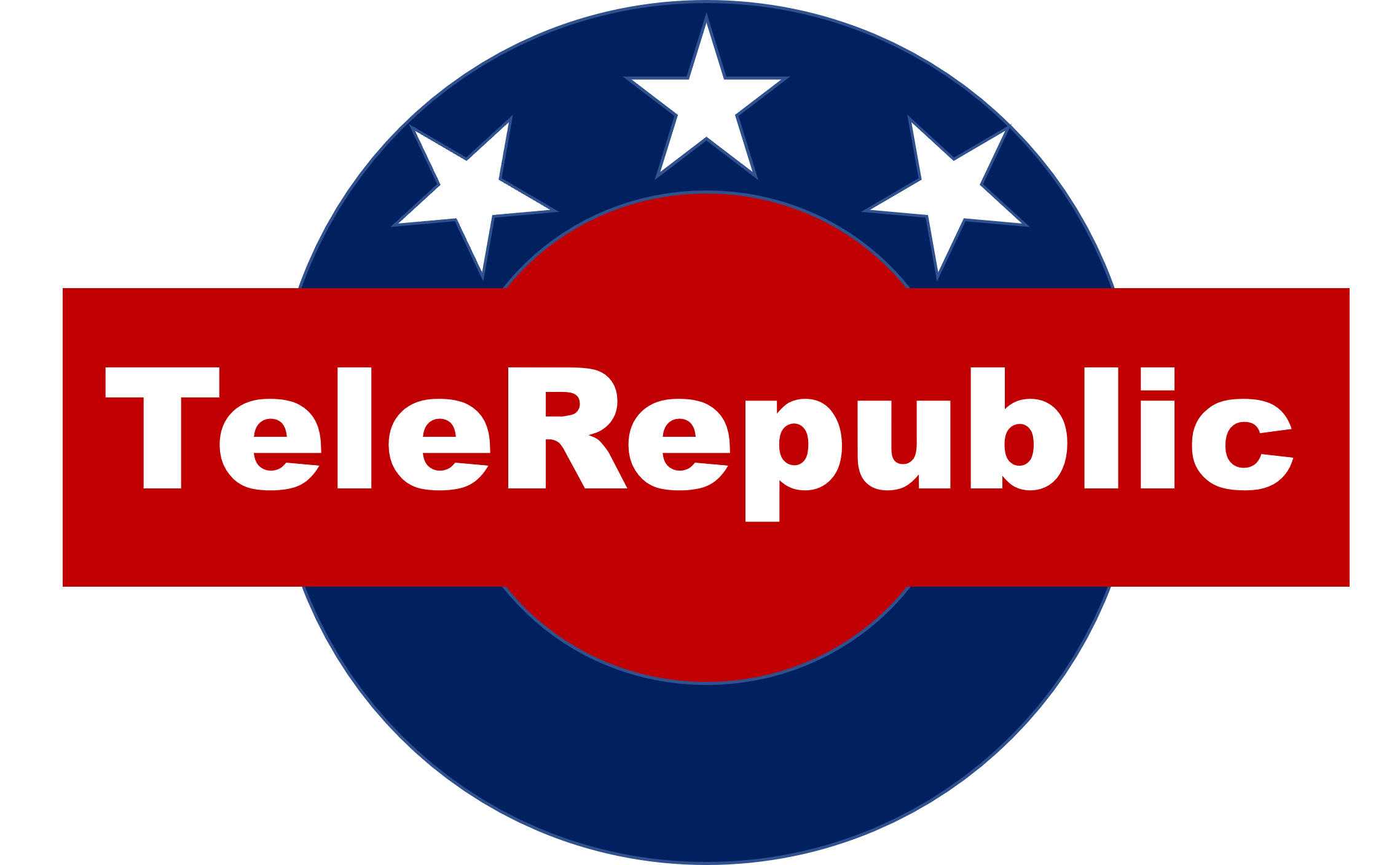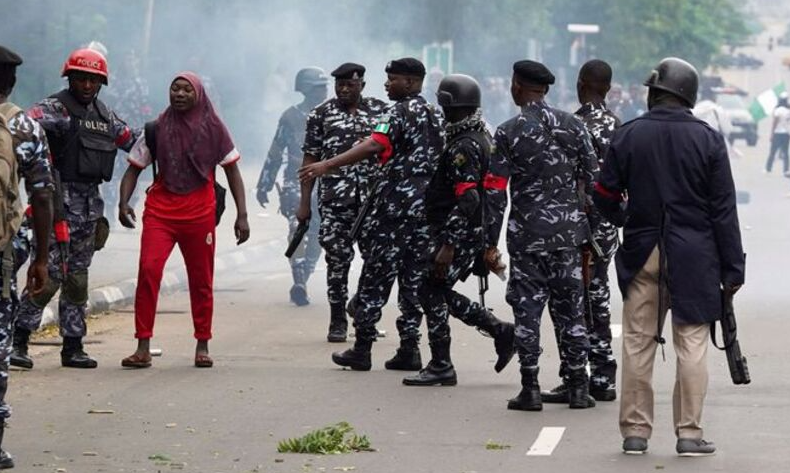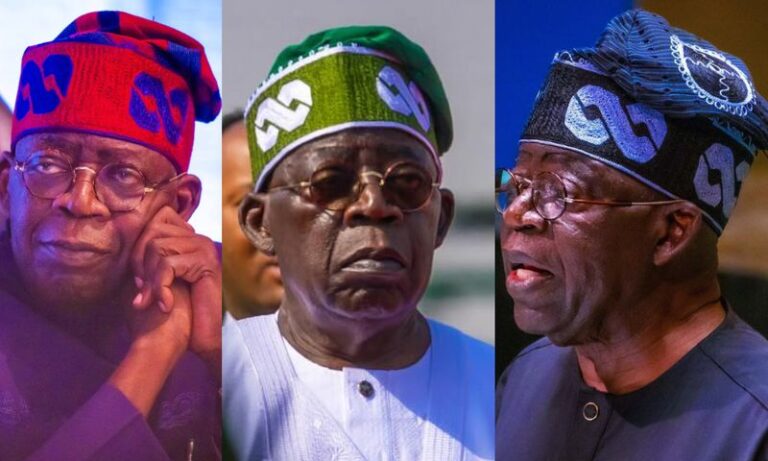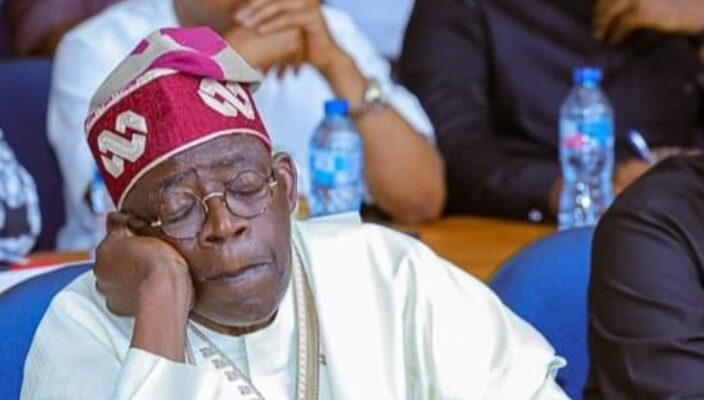The administration of Bola Tinubu has taken a draconian turn, marked by the violent suppression of peaceful protesters across Nigeria. This blatant violation of fundamental human rights, as enshrined in the 1999 Nigerian Constitution and protected under international human rights frameworks such as the Universal Declaration of Human Rights (UDHR) and the International Covenant on Civil and Political Rights (ICCPR), demands urgent international attention and accountability. The tragic events during the third day of the nationwide #EndBadGovernance protests in Kaduna, Kano, and Abuja highlight the Tinubu administration’s gross misconduct and underline why it must come to an urgent and necessary end.
murdered more than 13 persons during this brutal attack on- #EndBadGovernancelnNigeria peaceful protesters wielding green leaves in the Kurna area of Kano state
Violent Suppression of Protesters: A Tale of Three Cities
Kaduna: Brutality at Basawa Barracks
In Kaduna, peaceful protesters were met with brutal force by soldiers from Basawa Barracks. Reports indicate that these lawless army personnel attacked and detained scores of protesters, handing them over to police authorities in Sabon Gari. This coordinated assault on civilians exercising their right to protest illustrates the military’s role in suppressing dissent, raising serious questions about Tinubu’s command and control over security forces.
- Detention and Brutality: Protesters were not only detained but also brutalized, highlighting a culture of impunity and disregard for human dignity within the security apparatus.
Kano: A Day of Bloodshed
The situation in Kano was even more dire, with at least 13 people, including women and children, confirmed dead after clashes between protesters and security operatives. Videos show armed forces firing teargas and live rounds at peaceful demonstrators, turning a civic protest into a scene of chaos and carnage.
- Casualties and Injuries: The use of excessive force resulted in numerous casualties and injuries, as security operatives indiscriminately attacked civilians.
Abuja: The Capital Under Siege
In the nation’s capital, Abuja, security forces fired bullets and teargas at both protesters and journalists. Amnesty International reported the arrest of at least 50 journalists, with over 700 protesters detained nationwide. The use of live rounds against journalists, who were clearly identified, underscores a broader assault on press freedom and the right to information.
- Assault on the Press: The targeting of journalists reflects a deliberate attempt to silence the media and prevent the truth from reaching the public.
International Law and Human Rights Violations
The actions of Tinubu’s administration are not only a violation of Nigerian constitutional rights but also a breach of international human rights obligations. The right to peaceful assembly and freedom of expression are fundamental rights protected under the UDHR and ICCPR, to which Nigeria is a signatory. The violent suppression of protests and the killing of innocent civilians constitute crimes against humanity, warranting investigation and prosecution by the International Criminal Court (ICC).
Legal Grounds for ICC Charges
- Crimes Against Humanity: The systematic and widespread attack on civilian protesters fits the ICC’s definition of crimes against humanity, which includes murder, persecution, and other inhumane acts.
- Lack of Accountability: Nigeria’s internal justice system has historically failed to hold powerful individuals accountable, making international intervention necessary.
- Precedent: The ICC has previously prosecuted leaders for similar human rights violations, establishing a legal framework for Tinubu’s indictment.
The Nigerian people must not stand idly by while their fundamental rights are trampled. There is a pressing need for collective action to demand accountability and justice for the victims of Tinubu’s regime.
Urgent Need for Protest and Reform
- Nationwide Mobilization: Nigerians must continue to protest peacefully, demanding the end of Tinubu’s administration and the establishment of a government that truly represents their interests.
- International Support: The international community should support the Nigerian people in their quest for justice, pressing for an ICC investigation into Tinubu and his officials.
Voices for Change
- Amnesty International: “The killing of protesters by security forces is a gross violation of human rights that must not go unpunished.”
- Human Rights Watch: “The Nigerian government must be held accountable for its actions and respect the fundamental rights of its citizens.”
The Urgent End of Tinubu’s Administration
The brutal actions of President Bola Tinubu’s administration have laid bare its failure to protect the lives and rights of Nigerian citizens. The violent crackdown on peaceful protests, as witnessed in Kaduna, Kano, and Abuja, is a stark reminder of the government’s disregard for human rights and democratic principles. For Nigeria to move forward, there must be an urgent and necessary end to Tinubu’s rule, paving the way for leadership that prioritizes justice, accountability, and the welfare of the people.




